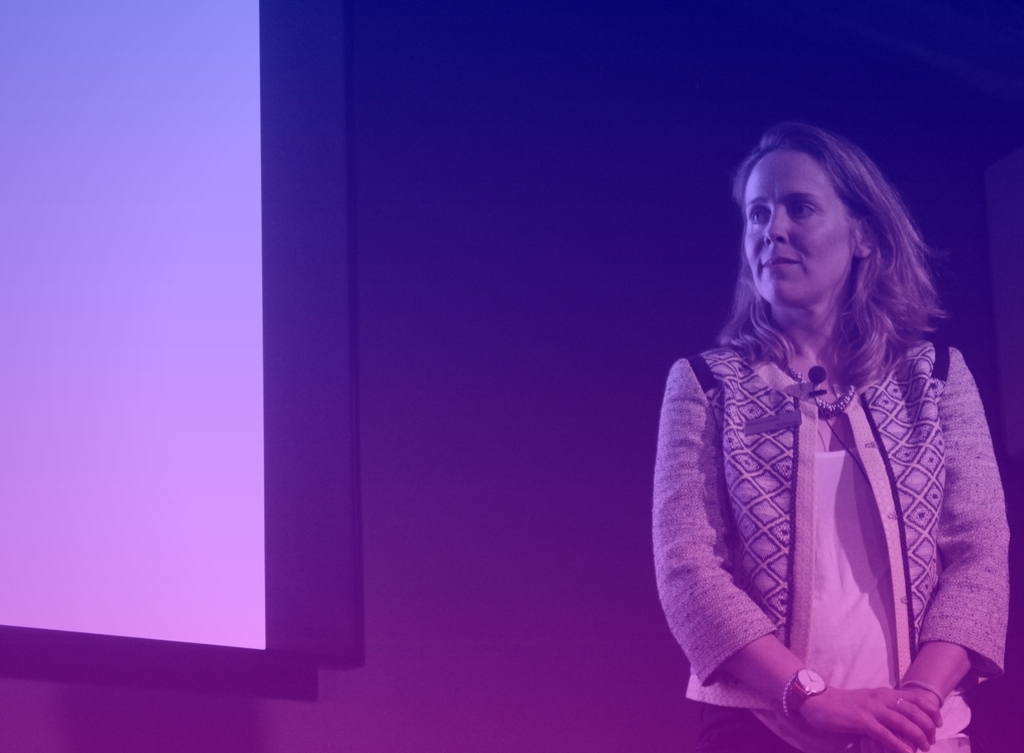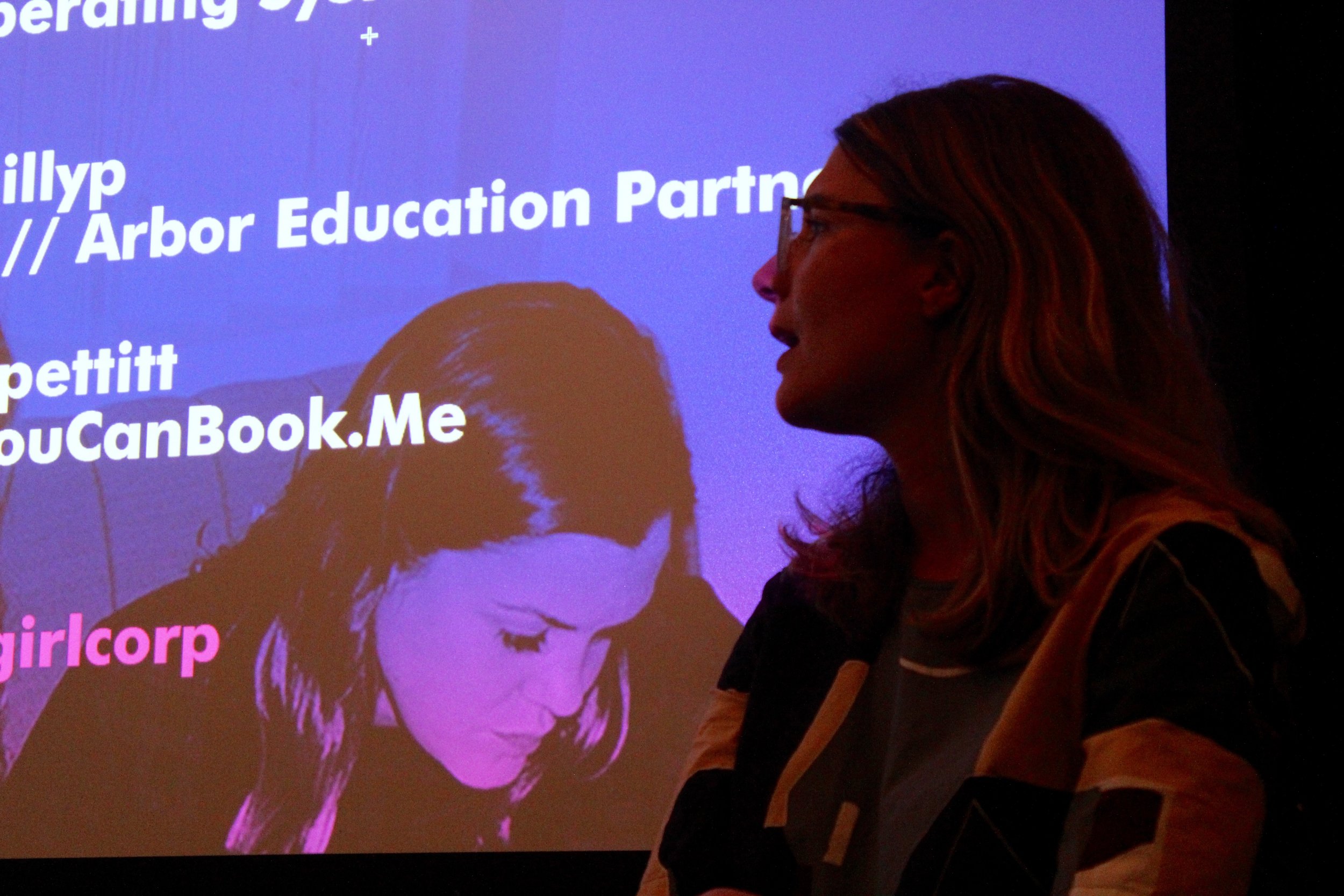Incorporating Your Company

How do you decide on the initial structure of your business and company formation? Should you be thinking about shareholders? What are articles of association? At our second FGC seminar of the year, Michelle Kennedy, founder of newly launched Peanut app, talked us through some of the complexities of incorporating a UK company.
N A M E I T ! When founding your company, you’ll want to have a company Limited or Ltd! Why? Because it separates your business from you as an individual. That way the company becomes its own person, reducing liability and personal risk.
Think about...
- Company Name: This doesn’t have to be the same as your trading name. Check here for name availability.
- Intellectual Property: Once the company is established, you need protection against people stealing or copying your products and/or designs. Trademarks are a good method of protection, while also supporting with your brand identity and reputation. When registering, it’s really important to be conscious of the name and class of your trademark! Take care to not use other people's trademarks when trading under a different name. Click here to check.
- Registering a company: You'll need a registered office, directors, share structure, Articles of Association (rulebook of your company, see here).
“Founder isn’t a legal title. Know and legalise the rights to your company”.
S H A R E I T ! Shares are your company's equity - a piece of your company. Everyone that you give shares to becomes a co-owner of your business. You can attach rights to different classes of shares if you intend to give different rights to different shareholders e.g. the way they receive dividends, what they can vote for and how many votes they can cast. The rights attached to these shares will be reflected in the Articles of Association (and most likely in the Shareholders' Agreement too).
Demystifying the Jargon...
- Dividend: Money out of your company.
- Preference Shares: The company's preferred stock with dividends being paid out to shareholders before the common stock dividends. These might not have voting rights and can be converted into common shares.
- Common Shares/Ordinary Shares: These have a lower priority and dividends are only paid out at the discretion of management.
- Cap Table (Share Capital Table): An excel spreadsheet, providing a breakdown of the founders' and investors' percentage of ownership - basically a snapshot in time of who owns what.
M A R R I A G E ! As you work out your idea further, you might come to realise that it would be more beneficial to have a cofounder. Cofounders are like your life partners! It's important to remember that it is those who have contributed to your company, created value and who you couldn’t have done it without that you give shares to. If they are replaceable, then they don't deserve equity! It’s always better to have a smaller percentage of a really good company than 100% of a worthless one.
If you choose Option A, you can incorporate now for £12 and use a standard Articles of Association. However, if you start working together before the shares have been issued, set out intentions in a Shareholders' Agreement!
"The success of your company is not measured by the percentage you own, but by the value of that percentage”.
S H A R E H O L D E R S' A G R E E M E N T ! A contract that details the structure of and relationship between the shareholders of a company.
Key Parts...
- Vesting Provisions
- Vesting is a contractual agreement referring to ownership of the money given to you, based on the amount of contribution you get to keep over time. However, if you leave the company within a certain time period, the money can revert back to the company. Basically, it’s money you have been promised (e.g. shares) but you don’t technically have yet. This is a really good form of protection.
- Board Representation
- The board doesn’t have to be the founders and it's better to have an odd number on the board to avoid potential deadlock situations.
- Special Decisions
- Material decisions that affect the running of your business e.g. if you want to purchase anything over £25,000, you'll need to seek approval.
Demystifying the Jargon...
- Angel: Those that invest in startups or small entrepreneurs. This could be family or friends and they may invest as a "one-off" or provide an ongoing supply to keep the business going during the early stages.
- Seed: Money allocated to a project or early investments to finance the development of your product or service. This is most likely a very early stage of venture capital financing.
- Series A: Serious VC companies! This may be your company's first round of venture capital financing after seed capital.
- Pre- and Post-Money Valuation: Pre-money refers to a company's value before they receive outside funding while post-money is the value after receiving outside funds.
- Dilution: Where founders of a startup gradually lose more and more ownership of the company they founded.
- Liquidation Preference: Specifies which investors get paid first and by how much, in the event of a liquidation.
B R E A K U P ! It's not working out with your partner(s) anymore. You're falling out and any differences in opinion aren't being resolved. What to do? As mentioned above, vesting is a good option to protect your company. There's also a Fundamental Dispute Clause, which aims to provide an exit strategy, allowing for one or more shareholders to buy out the others.
Got all that? For more guidance, here are some helpful books:
You can also access them as FREE PDFs here ---> Venture Deals & Slicing Pie Handbook Sample.
And if you want EVEN MORE information (you clever clogs!!) you can:
- Read Michelle’s initial interview with FGC.
- Browse through Sharmadean’s FGC reading list.
- Visit our Youtube channel for videos of every FGC seminar and workshop!















